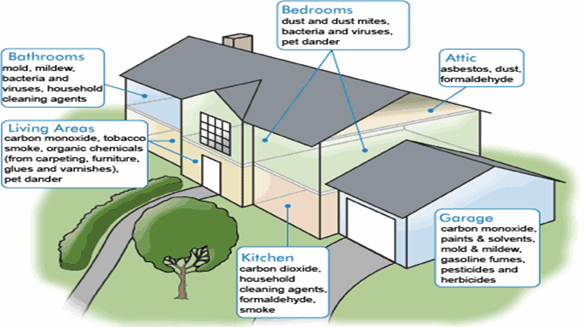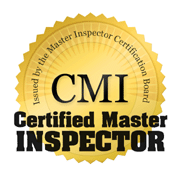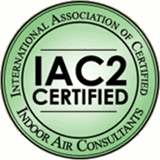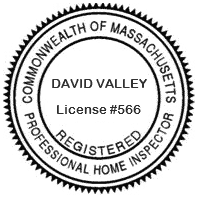Massachusetts Home Inspections YOUR INVESTMENT IS MY CONCERN

Indoor Air Quality

Indoor air pollutants have increased widely over the past years for variety of reasons. The contributing factor to indoor air quality issues in our homes today are the construction of more tightly sealed buildings, reduced ventilation rates (in order to save energy), the wide use of synthetic building materials and furnishings throughout our tight homes, and the increased use of chemical products such as pesticides, housekeeping supplies, and our personal care products.
The major factors that are really affecting our indoor air quality today are...
Moisture and Biologicals - Moisture problems in our homes can result in the growth of biological and microbial organisms like mold, mildew, dust mites and pet dander. Exposure to these organisms can increase the risk of allergic illness, cause respiratory infections, trigger asthma, or even have other health effects. Common sources of moisture in our homes include high indoor humidity, and moisture leaks that we don't even knowe are occuring. A poorly maintained heating, ventilation and air-conditioning systems can contribute to excessive moisture accumulation within your home. To remedy this widespread problem, the source of excess moisture must be located and repaired, and then the contaminated materials must be removed and discarded if they can not be properly cleaned.
Combustion Products, including Carbon Monoxide
Environmental Tobacco Smoke
Formaldehyde
Radon
Household Products and Furnishings (VOCs)
Particulates
Lead-Based Paint
Asbestos
MASSACHUSETTS INDOOR AIR QUALITY REPORTS
The following two links are very informative resources pertaining to indoor Air Quality...
Here is what my clients have to say about my home inspection services:
Press F5 (on your keyboard) for additional testimonials
Thank you for your very thorough and impressive work. We really appreciated the difference in level of service you provided compared to many other people we have dealt with.
Steven















